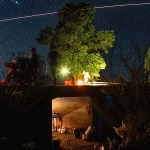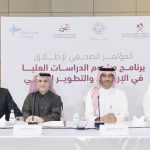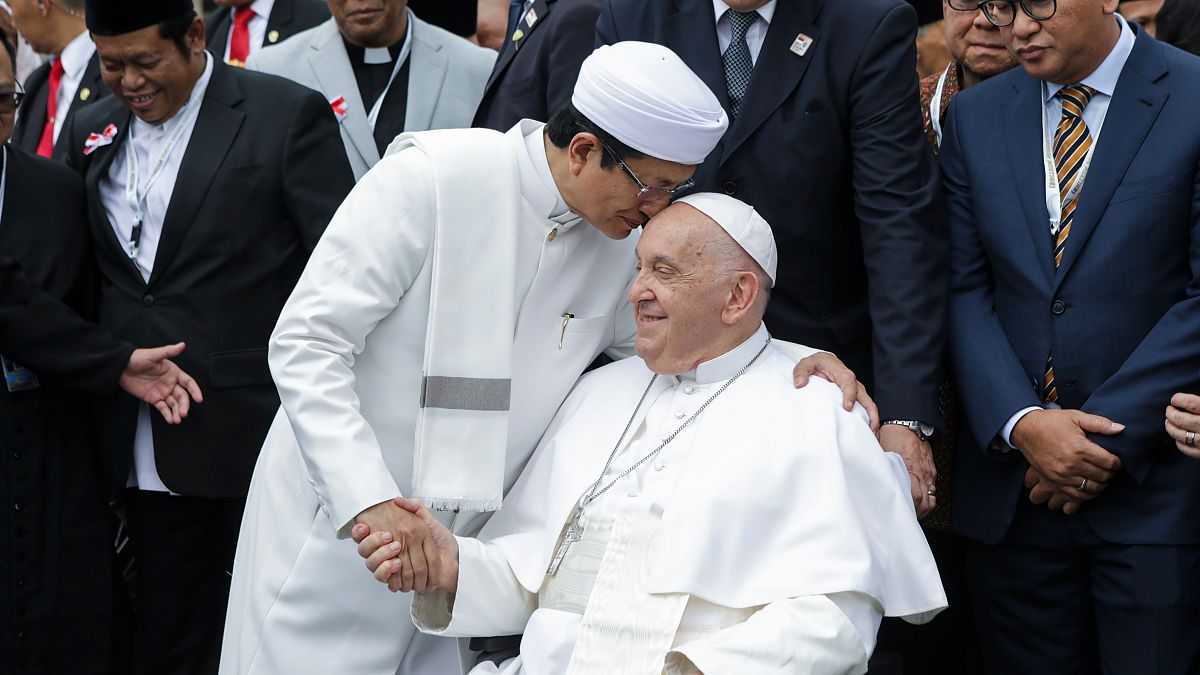Pope Francis and Imam Nuraruddin Umar joined forces to combat religiously inspired violence and advocate for environmental protection during an interfaith meeting in Indonesia. The meeting marked a significant step towards promoting interfaith friendship and common cause, with both leaders pledging to work together for the greater good. This gathering was part of Pope Francis’ visit to Indonesia, where he emphasized the importance of religious tolerance and harmony.
During their meeting, Pope Francis and Imam Umar stood at the entrance of the “Tunnel of Friendship,” a symbolic underpass that connects a mosque with a Catholic cathedral, showcasing Indonesia’s commitment to religious freedom. The country, which has the largest Muslim population in the world, has faced challenges regarding discrimination and violence against religious minorities. The leaders urged Indonesians of all faiths to contribute to building open societies based on respect and love, while denouncing rigidity, fundamentalism, and extremism.
The interfaith gathering included representatives from six officially recognized religions in Indonesia, highlighting the country’s diverse religious landscape. Pope Francis has made improving Catholic-Muslim relations a key focus of his papacy, visiting majority Muslim countries to foster dialogue and understanding. The Istiqlal Declaration, signed by Francis and Imam Umar, emphasized the role of religion in promoting peace, resolving conflicts, and protecting human dignity.
The declaration also called for urgent action to address the environmental crisis, attributing it to human activities. Both leaders emphasized the need to protect the environment and its resources for future generations. The meeting culminated in a formal ceremony where the declaration was endorsed by other religious representatives, underscoring the importance of collaborative efforts in advancing interfaith dialogue and cooperation.
Pope Francis’ visit to Indonesia included a mass in Jakarta’s stadium, attended by thousands of Catholics and other believers. While Catholics make up a small percentage of Indonesia’s population, the country has a significant Catholic presence with the largest Catholic seminary in the world. The Pope’s visit to Indonesia was part of a more extensive trip that will also include stops in Papua New Guinea, East Timor, and Singapore, showcasing his commitment to engaging with diverse communities and promoting peace and understanding globally.
Overall, Pope Francis’ meeting with Imam Umar and other religious leaders in Indonesia symbolized a shared commitment to combatting religious violence, promoting interfaith cooperation, and protecting the environment. This gathering highlighted the importance of dialogue, tolerance, and unity in addressing global challenges and building a more harmonious world. Pope Francis’ efforts to foster interfaith harmony and understanding reflect his dedication to promoting peace and solidarity among diverse religious communities.










